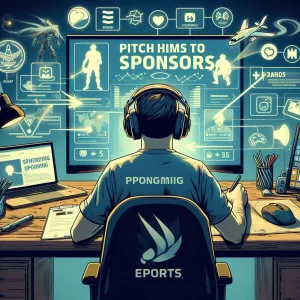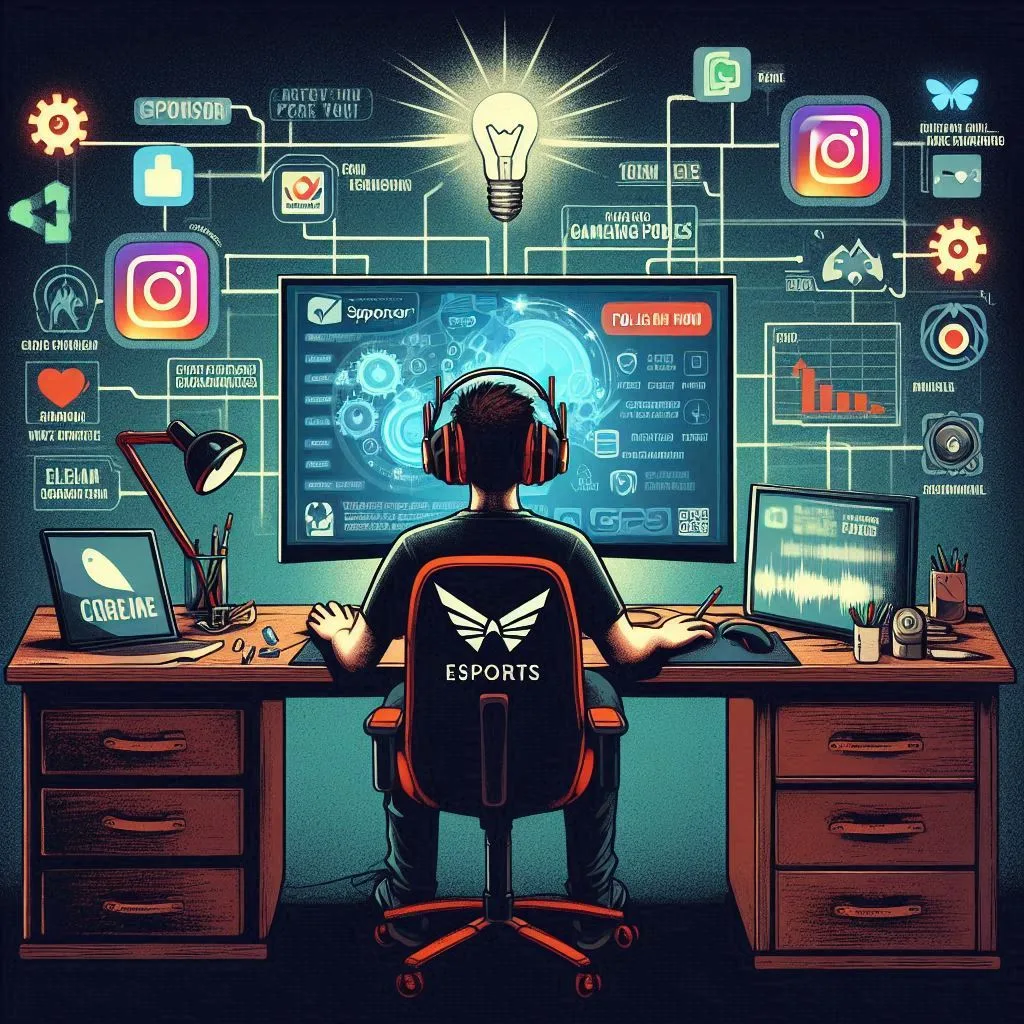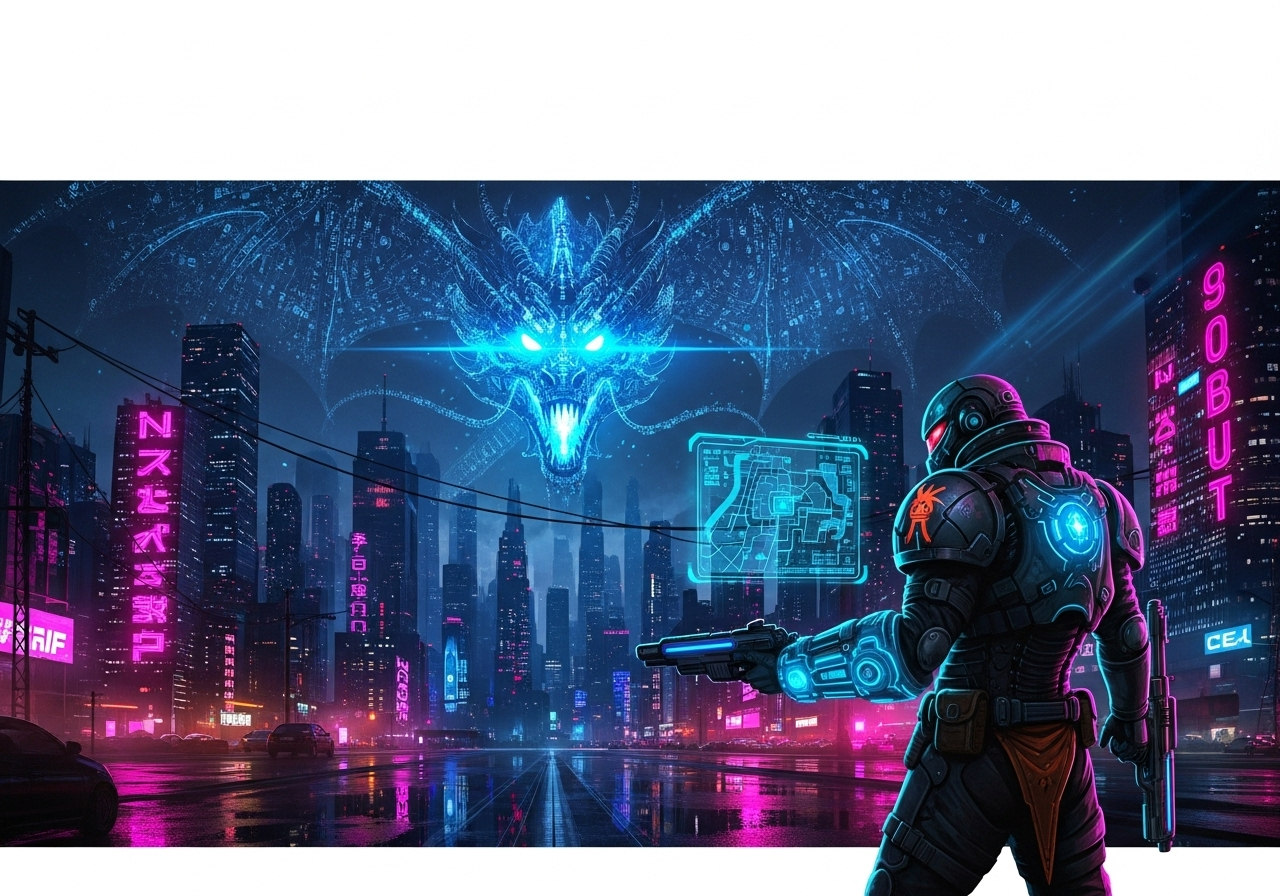In the dynamic world of online gaming, sponsorship has emerged as a significant avenue for gamers to not only monetize their passion but also gain recognition and support within the gaming community. However, navigating the path to sponsorship can be challenging without a clear roadmap. This comprehensive guide aims to provide online gamers with actionable strategies and insights to help them secure sponsorship successfully.
Understanding the Sponsorship Landscape
Defining Sponsorship: What Does It Entail?
Sponsorship in the gaming industry typically involves a brand or organization providing financial or in-kind support to a gamer in exchange for exposure and endorsement. This support can come in various forms, including monetary compensation, gaming peripherals, merchandise, or access to exclusive events.
Types of Sponsorship: From Endorsements to Product Placement
Sponsorship arrangements can vary widely, ranging from individual endorsements by gaming brands to product placements within a gamer’s content. Some common types of sponsorship include:
- Endorsement deals: Gamers promote a sponsor’s products or services through their content or social media channels.
- Affiliate programs: Gamers earn a commission for promoting and driving sales of a sponsor’s products or services.
- Product sponsorships: Gamers receive free or discounted products from sponsors in exchange for exposure.
- Event sponsorships: Sponsors provide financial support for gamers to participate in tournaments, conventions, or other gaming events.
Identifying Potential Sponsors: Gaming Brands, Esports Organizations, and Beyond
To identify potential sponsors, gamers should research and identify brands, companies, and organizations that align with their personal brand and gaming niche. This can include gaming hardware manufacturers, game publishers, esports teams, streaming platforms, and lifestyle brands targeting gamers.
Building Your Personal Brand
Crafting Your Identity: Define Your Unique Selling Proposition (USP)
Establishing a strong personal brand is essential for attracting sponsors. Gamers should identify their unique strengths, personality traits, and gaming expertise to differentiate themselves from competitors. This could include exceptional skills in a particular game genre, a charismatic on-screen persona, or a niche focus such as speedrunning or esports commentary.
Establishing an Online Presence: Leveraging Social Media and Streaming Platforms
A robust online presence is crucial for reaching a wide audience and attracting sponsor interest. Gamers should maintain active profiles on popular social media platforms such as Twitter, Instagram, and Facebook, as well as streaming platforms like Twitch, YouTube Gaming, or Facebook Gaming. Consistent and high-quality content creation is key to engaging followers and building a loyal fan base.
Can gaming website get sponsor?
Absolutely, gaming websites can indeed secure sponsorship. In fact, many gaming websites have successfully partnered with brands, gaming companies, and other organizations to monetize their platforms and enhance their offerings. Here’s a breakdown of how gaming websites can attract sponsors and establish mutually beneficial partnerships.
What Types of Sponsorship Opportunities for Gaming Websites ?

Display Advertising: Gaming websites can offer display advertising space to sponsors, allowing them to showcase banner ads, video ads, or sponsored content on the website. Ad placements can be strategically positioned to maximize visibility and engagement.
Consistency is Key: Maintaining a Cohesive Brand Image Across Platforms
Maintaining consistency in branding across all online platforms is essential for building trust and recognition among followers and potential sponsors. Gamers should use consistent visual elements such as logos, color schemes, and graphic designs across their social media profiles, streaming overlays, and merchandise. Consistency in content style, tone, and messaging also helps reinforce the gamer’s brand identity.
Showcasing Your Skills and Achievements
Highlighting Your Gameplay: Create Engaging Content and Highlights
Creating engaging and entertaining content is vital for attracting and retaining viewership on streaming platforms and social media. Gamers should focus on producing high-quality gameplay videos, live streams, tutorials, and highlights that showcase their skills, personality, and unique style. Interactive elements such as viewer polls, Q&A sessions, and challenges can help engage audiences and encourage participation.
Participating in Tournaments and Competitions: Demonstrating Competitive Proficiency
Participating in gaming tournaments and competitions is an excellent way for gamers to showcase their competitive prowess and gain recognition within the gaming community. Whether it’s online tournaments, local LAN events, or major esports championships, success in competitive gaming can attract sponsor interest and open doors to sponsorship opportunities.
Building a Strong Portfolio: Compiling Achievements and Milestones
Maintaining a comprehensive portfolio of gaming achievements, accolades, and milestones is essential for demonstrating credibility and expertise to potential sponsors. Gamers should keep a record of their tournament placements, high scores, notable achievements, and collaborations with other gamers or content creators. A well-documented portfolio serves as tangible evidence of the gamer’s skills and accomplishments.
Engaging with Your Audience
Cultivating a Loyal Following: Interaction and Engagement on Social Media
Building a strong and engaged community of followers is crucial for attracting sponsor interest and demonstrating influence. Gamers should actively interact with their audience on social media by responding to comments, hosting Q&A sessions, and soliciting feedback. Engaging with fans fosters a sense of connection and loyalty, encouraging them to support the gamer and participate in sponsored promotions.
Creating Community: Establishing Discord Servers, Forums, or Subreddits
Creating dedicated community spaces such as Discord servers, forums, or subreddits allows gamers to interact with fans on a more personal level and foster a sense of belonging. These community platforms provide opportunities for fans to connect with each other, discuss gaming-related topics, and participate in exclusive events or giveaways organized by the gamer. Building a thriving community strengthens the gamer’s influence and attractiveness to sponsors.
Collaborating with Fellow Gamers and Content Creators: Cross-Promotion Opportunities
Collaborating with other gamers and content creators is a powerful strategy for expanding reach, attracting new audiences, and creating mutually beneficial partnerships. Gamers can collaborate on joint livestreams, video collaborations, or cross-promotional campaigns to leverage each other’s fan bases and increase exposure. Collaborative efforts not only enrich the gaming experience for fans but also present opportunities for sponsorship deals involving multiple creators.
Approaching Potential Sponsors
Researching Prospective Sponsors: Understanding Their Values and Objectives
Before reaching out to potential sponsors, gamers should conduct thorough research to understand their target sponsor’s brand identity, values, target audience, and sponsorship objectives. This knowledge helps tailor sponsorship proposals and pitches to align with the sponsor’s goals and demonstrate the value proposition for both parties.
Crafting a Compelling Sponsorship Proposal: Tailoring Your Pitch to Each Sponsor
A well-crafted sponsorship proposal is essential for capturing the attention of potential sponsors and persuading them to partner with the gamer. The proposal should highlight the gamer’s unique value proposition, audience demographics, engagement metrics, and potential benefits for the sponsor. Tailoring the pitch to address the sponsor’s specific needs and objectives increases the likelihood of securing sponsorship interest.
Negotiating Terms: Finding a Win-Win Partnership Agreement
Negotiating sponsorship terms and agreements requires careful consideration of both parties’ interests and objectives. Gamers should be prepared to discuss sponsorship details such as compensation, deliverables, exclusivity clauses, duration of the partnership, and performance metrics. Negotiating from a position of strength based on the gamer’s value proposition, audience reach, and competitive advantage increases the likelihood of reaching a mutually beneficial partnership agreement.
Demonstrating Value to Sponsors
Delivering Results: Meeting Agreed-upon Metrics and Objectives
Once a sponsorship agreement is in place, gamers must deliver on their promises and meet the agreed-upon performance metrics and objectives. This may include generating a certain number of impressions, engagement metrics such as likes, comments, and shares, or driving measurable sales or conversions for the sponsor’s products or services. Providing regular progress reports and performance updates helps maintain transparency and accountability in the sponsorship relationship.
Providing Exposure: Integrating Sponsorship Content Seamlessly
Integrating sponsorship content seamlessly into the gamer’s regular content ensures that sponsored promotions resonate with the audience and align with the gamer’s brand identity. Gam





